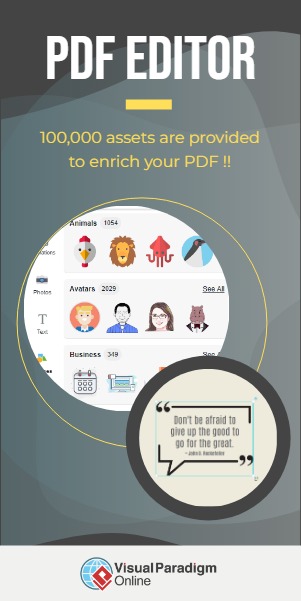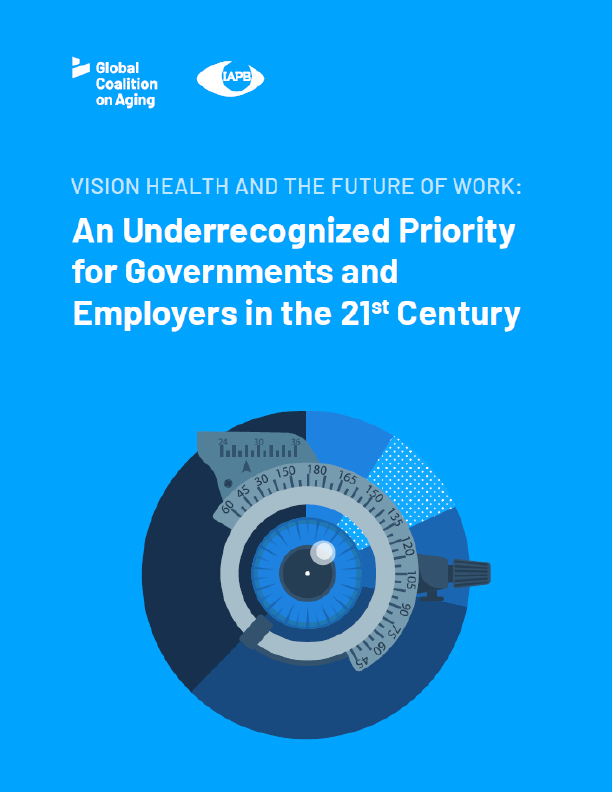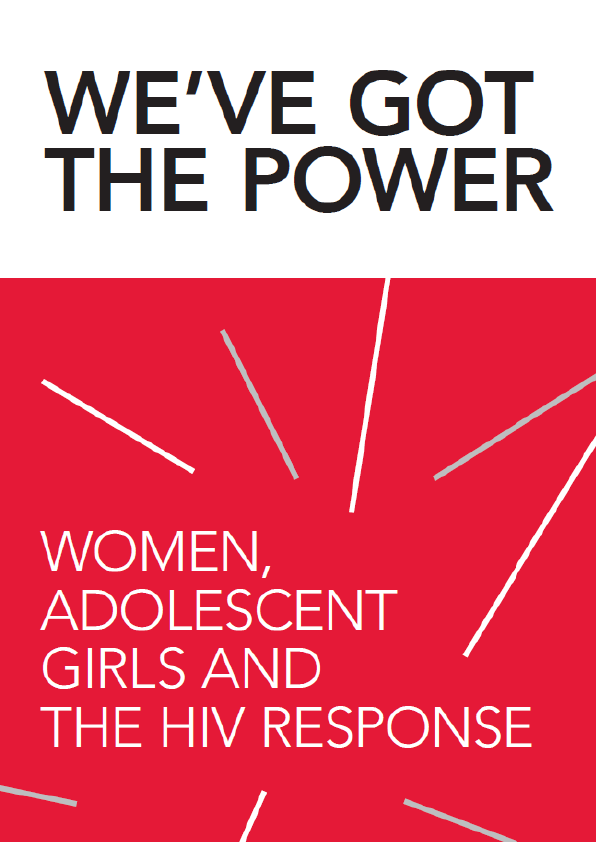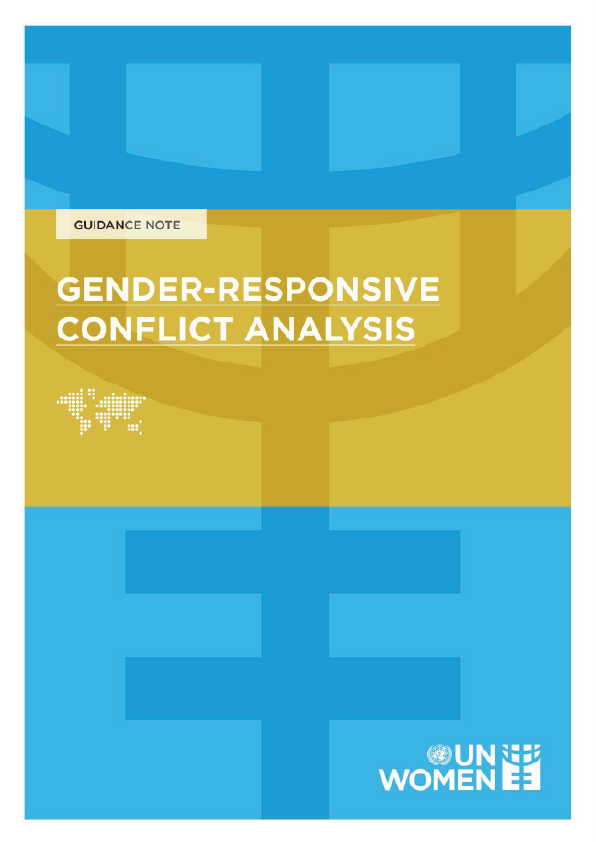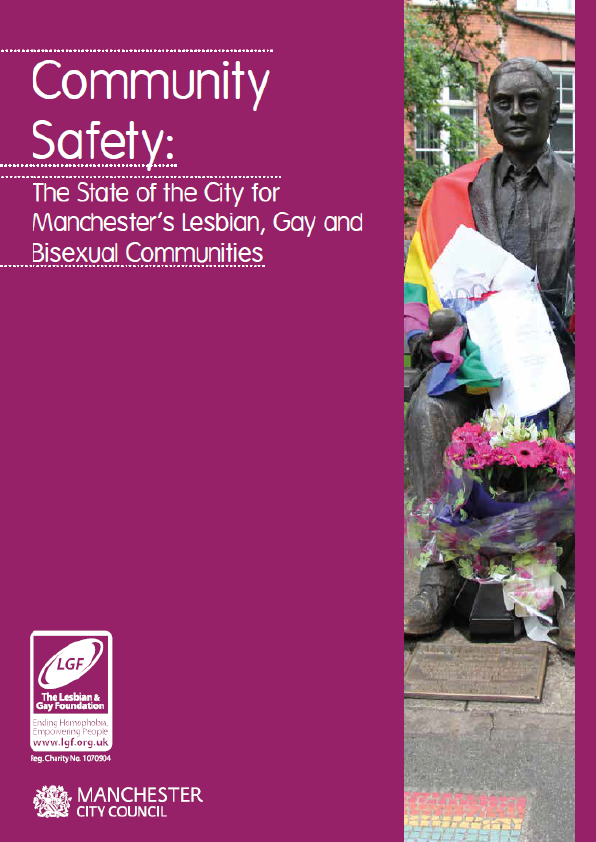Knowing how to get along with others, resolve workplace conflict, manage relationships, communicate well, and make good decisions are all critical skills all students need to succeed in career and in life. Human Relations is not an organizational behavior; rather, it provides a good baseline of issues students will deal with in their careers on a day-to-day basis. It is also not a professional communications, business English, or professionalism textbook, as its focus is much broader — on general career success and how to effectively maneuver in the workplace.
What is Human Relations?
Human relations is an important part to our career success. It is defined as relations with or between people, particularly in a workplace setting. Because a company depends on good human relations through its organizational structure, developing these skills is important. Technology has greatly impacted human relations because so much of our communication occurs without the advantage of seeing body language. This can result in miscommunications. Many workers telecommute to work. There are advantages and disadvantages, a more notable disadvantage being the lack of human, face-to-face contact.
No One Wants to Work with Her
Jenny is going to a BBQ at Monica and Harvey’s house this afternoon. Because it is a big annual event, it is usually a large party. She will likely know about half the people, as Monica and Harvey invite people from all aspects of their lives. As Jenny enters the backyard, she sees familiar faces, as expected, but also sees a lot of people she doesn’t recognize. Immediately she starts fidgeting, as Jenny isn’t good at making small talk. Instead of making eye contact and going over to people who are acquaintances, she drops her potluck dish down, grabs a drink from the cooler, and tries to find Monica so she will have someone to talk with.
At work, Jenny avoids interpersonal relationships and small talk because she is uncomfortable revealing too much of herself. When Jenny attends meetings at work, she sighs impatiently when someone is late and when people veer too far from the topic, and she makes sure to bring people back to reality. When choosing project teams, people rarely want to work with Jenny, even though she is very capable in her job. Some of the women from the office get together for lunch on Tuesdays, but Jenny is never invited. Needless to say, Jenny isn’t well liked at work.
We have all met someone like Jenny, who is seemingly uncomfortable with herself and unpleasant. We may even try to avoid the Jennys we know. Despite Jenny being good at her job, no one wants to work with her. You would think that success at work only takes talent at job-specific tasks. However, this isn’t the case. As we will discuss throughout this chapter and the book, successful people have the skills to do the job, but they also have the human relations skills to get along with others. The focus of this chapter will be personality, attitudes, self-esteem, and perceptions—all of these topics and more impact our ability to get along with others.



